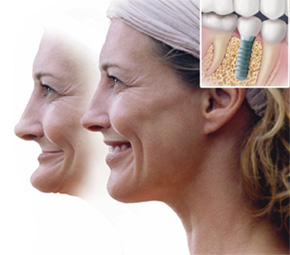 Bad breath, also called halitosis (hal-lih-TOH-suhss) can be caused by several things, including:
Bad breath, also called halitosis (hal-lih-TOH-suhss) can be caused by several things, including:
•Poor oral hygiene
•Some foods
•Dentures
•Gum disease
•Dry mouth
•Tobacco use
•Respiratory, digestive, or other health problems
•Some medicines
Practicing good oral hygiene and avoiding tobacco and some foods often helps people with bad-smelling breath. You may want to try using a tongue scraper to clean food from your tongue. You could also just brush your tongue with your toothbrush. But if doing so doesn’t seem to help or if you always need mouthwash to hide bad breath, talk to our dentists.
Novy Scheinfeld, DDS, PC
ZoAnna Bock, MS, DMD
Hanna Orland, DMD
290 Carpenter Drive, 200A
Atlanta (Sandy Springs), GA 30328
404-256-3620
and
3781 Chamblee Dunwoody Road
Chamblee, GA 30341
770-455-6076
Related articles
- Dentist Alpharetta: Teeth Cleanings and Your Oral Hygiene (therightsmile.wordpress.com)
- Dentist Alpharetta: Oral Health, Women and Pregnancy (therightsmile.wordpress.com)
- Dentist Alpharetta: What Discolors Teeth? (therightsmile.wordpress.com)
- Dentist Alpharetta: Dental Implant Treatment (therightsmile.wordpress.com)
- Dentist Alpharetta: The Right Bite for a Great Smile (therightsmile.wordpress.com)
- Alpharetta Dentistry: WELCOME TO THE RIGHT SMILE CENTER (therightsmile.wordpress.com)








